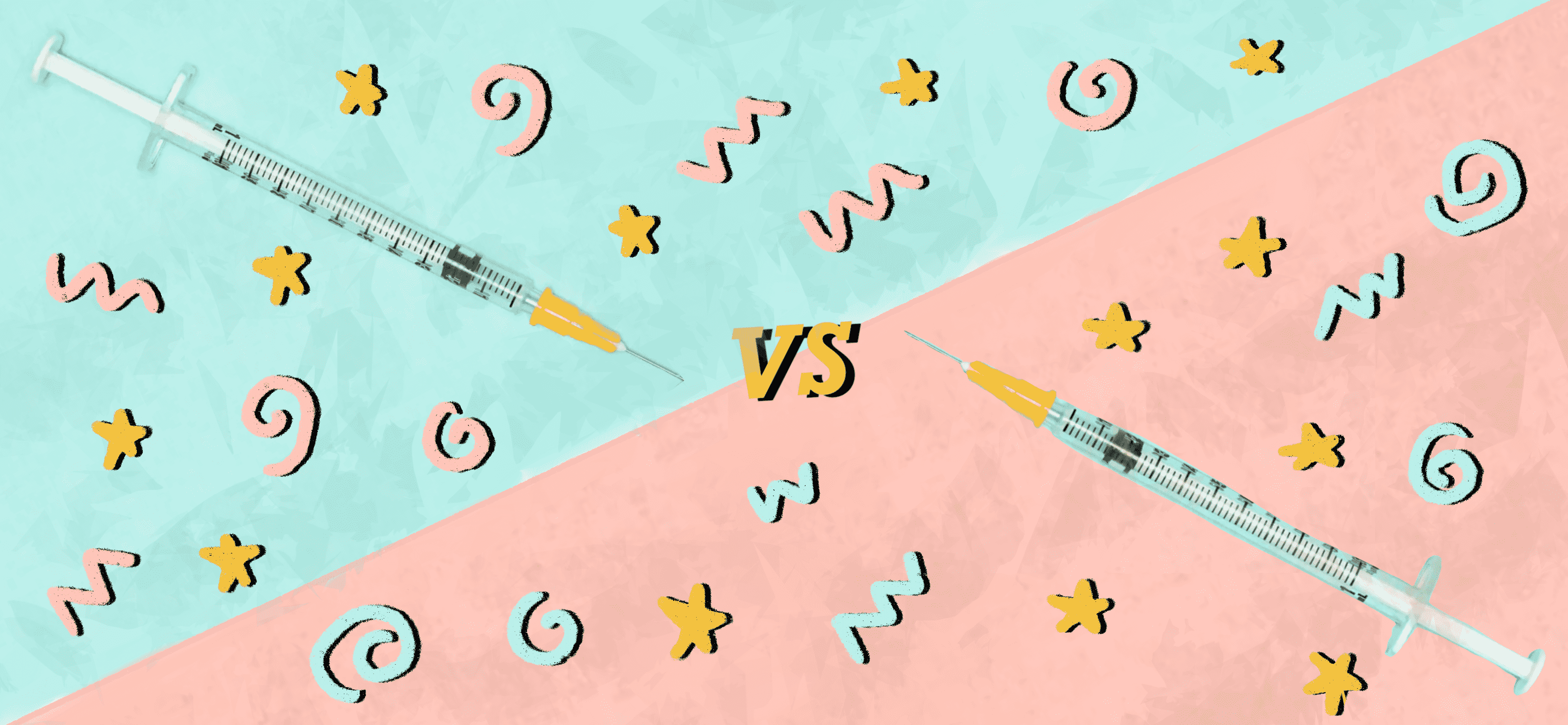As the second wave of COVID-19 intensifies and many countries around the world enter another lockdown, scientists and pharmaceutical companies have raced to produce the most effective vaccine. Moderna and Pfizer have emerged as clear winners, with many countries already beginning to administer their products.
With the successful development of these vaccines comes many political and logistical challenges, such as deciding which citizens and locations to prioritize. In particular, government officials must ensure vaccines are distributed fairly and in a timely manner to all citizens.
The Pfizer-BioNTech and Moderna vaccines, both of which are currently being rolled out in Quebec, are 92 per cent efficient two weeks after the initial dose. Both vaccines require a second shot within 90 days of the first, which increases the efficiency to between 94 and 95 per cent. Otherwise, a single shot does not provide complete, long-lasting immunity.
In Canada, each province is developing its own regulations regarding vaccine distribution. However, the Quebec government decided to delay the second shot of the vaccine to maximize the number of people who can be protected by an initial dose between now and April 2021. This strategy was met with backlash and provincial leaders suggested that Pfizer could withdraw their supply if the two-dose vaccination schedule is not followed.
Both Moderna and Pfizer have created mRNA vaccines, containing genetic material that codes for only a small portion of the virus: The spike protein, which allows viral particles to replicate. The vaccine equips the body’s immune system with antibodies against this spike protein, the lack of which renders the whole virus impotent.
Given the vast spread of misinformation online regarding vaccines, government officials must also gain citizens’ trust that the inoculation is safe. Despite promising results, some are concerned with the fast-tracked process of vaccine development and clinical testing.
Jasmin Chahal, a faculty lecturer in McGill’s Department of Microbiology and Immunology, explains the importance of effective communication between scientists and policymakers about the vaccines.
“[We need to keep] trying to spread accurate information that comes from the clinical trials,” Chahal wrote in an email to The McGill Tribune. “That’s the most that we can do [….] There are podcasts, blogs, and interviews that scientists are doing to explain the virus and vaccines without scientific jargon.”
Another challenge is the transportation of the doses, particularly Pfizer’s vaccine, as it requires storage at a temperature of -70 degrees Celsius. Such a requirement can be met only with powerful freezers, which are not feasible for storage in pharmacies due to limited space and high cost. Only large medical centres, universities, and some public health departments currently have access to such deep freezers.
“RNA is very unstable,” Chahal wrote. “For instance, DNA is still stable and intact at room temperature after a few days. RNA, however, must be kept cold. If it’s not kept at the proper temperature, it does not remain intact and thus, would be ineffective.”
Pfizer has managed to circumvent this issue by developing a reusable, suitcase-sized shipping container where doses of the vaccine are kept on dry ice and can remain stable for 10 to 15 days. However, dry ice is an extremely dangerous material and cannot be shipped by air or sea, resulting in time-consuming, ground-only transport.
Nevertheless, Pfizer is working on a powdered version of the vaccine in hope of avoiding the cold storage requirements. In contrast, the Moderna vaccine requires a temperature between two to eight degrees Celsius, making it much easier to transport.
Quebec received a delivery of 34,000 doses of Moderna and 46,800 doses of Pfizer-BioNTech vaccines on Jan. 17, with similar shipments of Pfizer scheduled to arrive weekly for the rest of the month.








